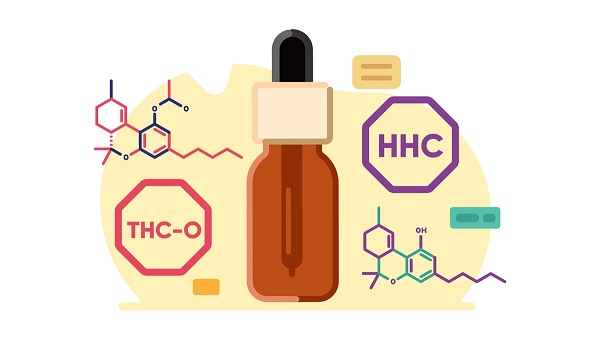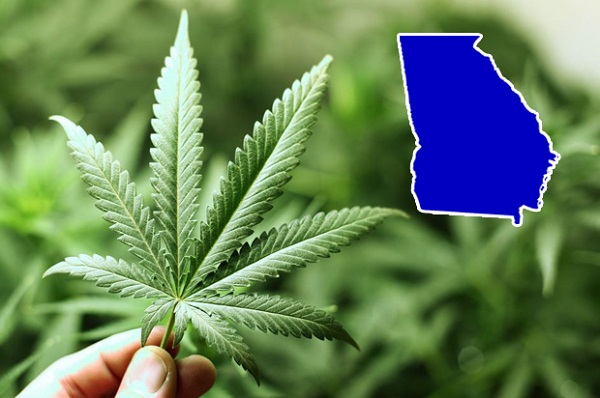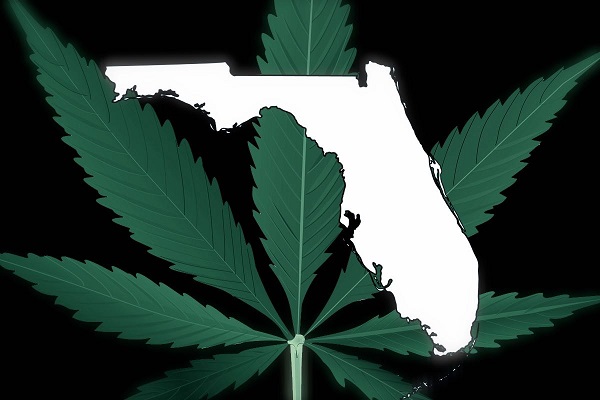Cannabis is a plant that has been used for medicinal and recreational purposes for centuries. In recent years, there has been a growing interest in the potential health benefits of cannabinoids, the chemical compounds found in the cannabis plant. Two such compounds that have gained attention are HHC (Hexahydrocannabinol) and THC-O (Delta-8-tetrahydrocannabinol acetate). While both compounds are structurally similar to THC (Delta-9-tetrahydrocannabinol), the psychoactive component of cannabis, they differ in their effects. In this article, we will explore the similarities and differences between HHC and THC-O, their potential benefits and risks.
Cannabis is a plant with hundreds of compounds
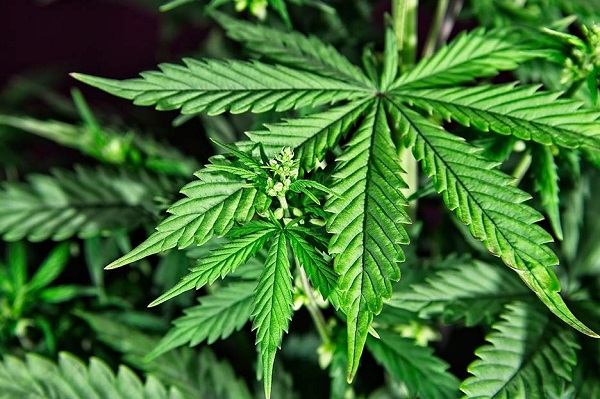
Cannabis is a complex plant with hundreds of different chemical compounds, many of which are unique to the plant and known as cannabinoids. There are more than 100 known cannabinoids, each with its own unique properties and effects on the body. Some of the most well-known cannabinoids include THC (Delta-9-tetrahydrocannabinol), CBD (cannabidiol), and CBN (cannabinol), but there are many others that are being studied for their potential health benefits. In addition to cannabinoids, cannabis also contains terpenes, flavonoids, and other compounds that can contribute to its overall effects and therapeutic potential. This complex chemical profile is what makes cannabis such a fascinating and potentially valuable plant for medical research and treatment.
What is THC-O?
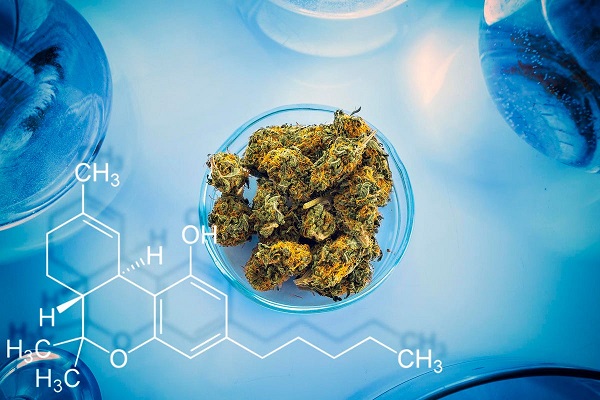
THC-O (Delta-8-tetrahydrocannabinol acetate) is a relatively new and rare cannabinoid that has recently gained attention for its unique properties and potential effects. THC-O is structurally similar to THC (Delta-9-tetrahydrocannabinol), the primary psychoactive component of cannabis, but it is believed to be more potent and to have a different and potentially more intense set of effects.
THC-O is made by converting THC into a more stable and potent form through a process called esterification, which involves combining THC with an acetic acid molecule. This process produces a compound that is chemically different from THC, but still produces psychoactive effects when consumed.
What is the effectiveness of THC-O?
The effectiveness of THC-O is not yet well established, as there is still limited research available on this compound. However, some users have reported intense and long-lasting euphoria, as well as a range of physical and mental effects that are different from those produced by THC.
Because THC-O is structurally different from THC, it may have a different set of effects on the body, and some users have reported that it produces a more intense and potent high than THC. THC-O is 3 times stronger than delta-9 THC.
THC-O creates an intensely psychoactive experience. Even moderate doses are stronger than marijuana, so if you’ve never tried psychoactive cannabinoids before, start with a very low dose to avoid getting too high. Those who have taken high doses of THC-O report feeling on the verge of hallucinations, describing the experience as deeply spiritual.
However, more research is needed to fully understand the potential therapeutic benefits and risks of THC-O.
What is HHC?
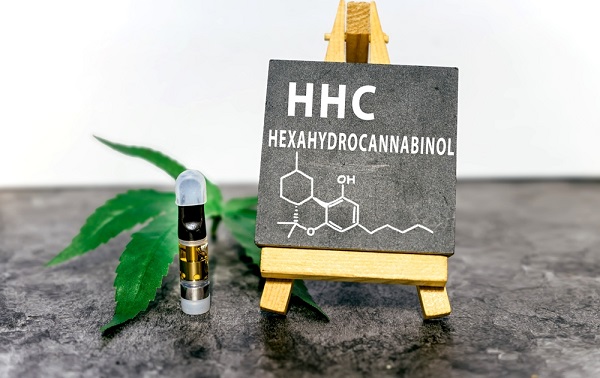
HHC (Hexahydrocannabinol) is a lesser-known cannabinoid that is structurally similar to THC (Delta-9-tetrahydrocannabinol), the primary psychoactive component of cannabis. Like THC, HHC is believed to have psychoactive effects, but its effects and properties are not yet well understood.
HHC is produced by modifying other cannabinoids through a process called isomerization, which involves rearranging the molecular structure of the compound. It is believed to have a similar chemical structure to Delta-9-THC, but with a slightly different orientation of its atoms.
Some early studies suggest that HHC may have therapeutic potential, particularly in the area of pain management. Like other cannabinoids, HHC interacts with the body’s endocannabinoid system, which regulates a wide range of physiological processes, including pain sensation.
What about HHC potency?
The potency of HHC is not yet well understood, as there is limited research available on this compound. However, some early studies suggest that HHC may have therapeutic potential, particularly in the area of pain management.
The effects of HHC are almost identical to those induced by delta-9 THC. However, unlike THC-O, HHC is less potent than delta-9. It carries around 80% of delta-9’s potency.
The high goes smoothly throughout the body and mind, leaving you calm and motivated. Larger doses induce euphoria and provide greater body load, making HHC products a decent pick for evenings or lazy days.
However, more research is needed to fully understand the potential therapeutic benefits and risks of HHC, including its potency.
Shelf life
Another difference between THC-O and HHC lies in how long they’re good for.
THC-O distillate has a shelf-life of 6 months, which is shorter than delta-9 products.
Marijuana extracts usually last for 1 year until they lose a fraction of their potency.
HHC is the winner in this clash. It has a more stable chemical structure; pure HHC products can last for 2 years or more if stored properly.
Is THC-O legal?
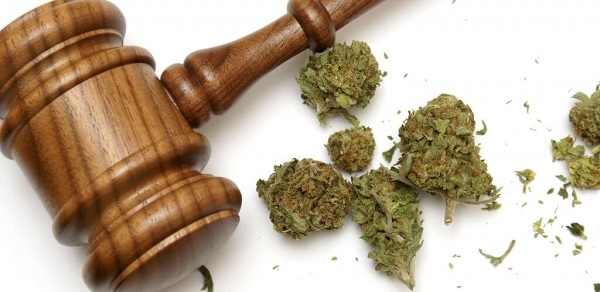
The legal status of THC-O is uncertain and varies from place to place. In the United States, for example, the 2018 Farm Bill legalized hemp and its derivatives, provided that they contain no more than 0.3% of THC. Every hemp-derived product with less than 0.3% delta-9 THC is federally legal, including delta-8, delta-10, HHC, and THC-O extracts.
So far, THC-O is legal in 38 states; the other 12 banned its sales or introduced changes in the law that put the 0.3% limit on all forms of THC.
In other countries, the legal status of THC-O may be even less clear, as laws governing the use and sale of cannabis and its derivatives vary widely from place to place. Some countries have legalized cannabis for medical or recreational use, while others maintain strict prohibition on cannabis and its derivatives.
It is important to note that the legality of THC-O is still a developing issue, and laws may change rapidly as new research is conducted and public attitudes toward cannabis continue to evolve.
Is HHC legal?
HHC is also legal at the federal level, with most states accepting HHC products.
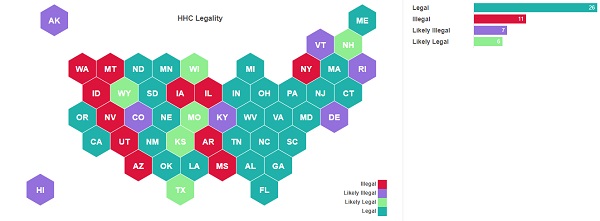
HHC must meet two requirements to be considered legal:
- It must be extracted from hemp.
- The delta-9 THC content in the final product must not exceed 0.3%.
In other countries, the legal status of HHC may be even less clear, as laws governing the use and sale of cannabis and its derivatives vary widely from place to place.
How to safely buy THC-O and HHC products?
It is important to exercise caution when buying THC-O and HHC products, as these compounds are still relatively new and not yet well-regulated in many places. Here are some tips for safely buying these products:
- Research the seller: Look for reviews and information about the company or seller before making a purchase. Check for any complaints or negative reviews, and make sure the seller is reputable and trustworthy.
- Check the product: Look for products that have been tested by a third-party laboratory to ensure purity and potency. Check the label to see if it contains any additives or potentially harmful ingredients.
- Start with a low dose: Because THC-O and HHC are relatively new and not well-studied, it is important to start with a low dose and gradually increase as needed. This can help you avoid any adverse effects or potential risks.
- Consult with a healthcare professional: If you have any underlying health conditions or are taking any medications, it is important to consult with a healthcare professional before using any new cannabinoids or other treatments.
- Know the local laws: Check the local laws and regulations regarding the use and sale of THC-O and HHC products. In some places, these products may be illegal or subject to restrictions.
Overall, it is important to exercise caution when buying any novel cannabinoids or other products. Always prioritize safety and make sure to consult with a healthcare professional before using any new treatments or medications.
Conclusion
HHC and THC-O are two novel cannabinoids that are gaining popularity in the cannabis industry. Although both compounds are structurally similar to THC, they may have different effects and potency, and more research is needed to fully understand their therapeutic potential and risks.
Users should exercise caution when experimenting with new and understudied cannabinoids, and should always consult with a healthcare professional before using any new treatments or medications. Additionally, it is important to research the seller and product before making a purchase, and to be aware of the local laws and regulations regarding the use and sale of these compounds.

